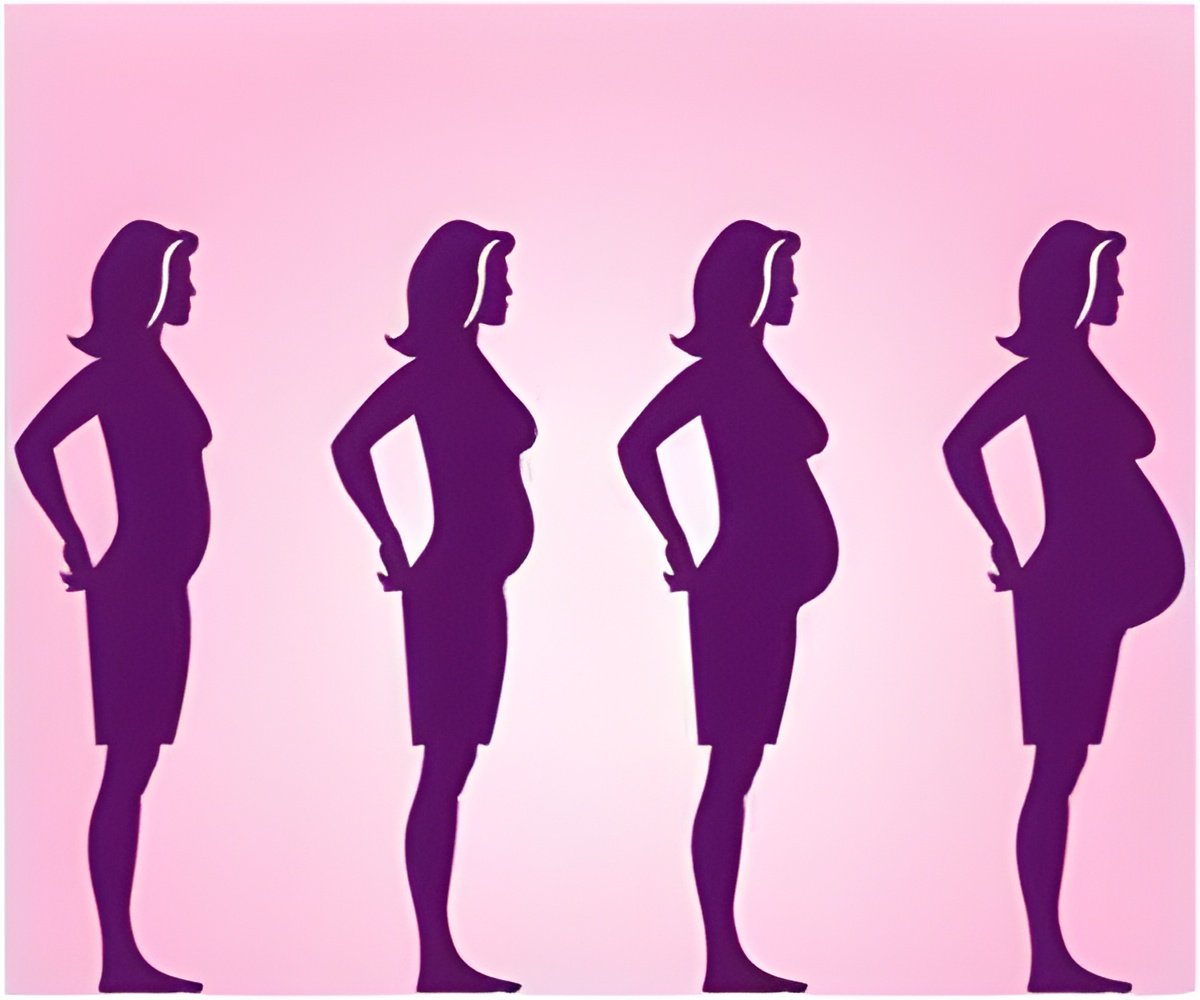Learning problems, such as dyslexia, reading problems and ADHD, are more prevalent in children conceived in the winter due to lack of vitamin D exposure.

‘Nearly 10% of the children conceived in the first quarter of the year had learning disabilities compared to 7.6 percent of those conceived between July and September, highlighting the lack of vitamin D exposure.’





The study of more than 800,000 children by the Universities of Glasgow and Cambridge, the NHS and the Scottish Government, found 8.9 percent of children conceived in the first quarter of the year had learning disabilities compared to 7.6 percent of those conceived between July and September. They believe that 11 percent of all learning difficulties could be prevented if expectant mothers were to follow NHS guidance on taking vitamin D supplements.
Around 700,000 babies are born in Britain each year, which suggests an extra 2,000 children a year end up with learning difficulties.
Prof Gordon Smith, department head of obstetrics and gynaecology at Cambridge, said: "If vitamin D levels do indeed explain the seasonal fluctuations observed in this study, we would hope that widespread compliance with the advice would lead to loss of this variation, and would have a downward effect on overall rates of special educational needs.”
Although the current study did not directly measure vitamin D, it remains perhaps the most plausible explanation for the trend.
Advertisement
Prof Jill Pell, director of Glasgow's Institute of Health and Wellbeing, added, "It is important that pregnant women follow the advice to take vitamin D supplements and also that they start supplements as early in pregnancy as possible - ideally when they are trying to get pregnant.
Advertisement
Source-Medindia















